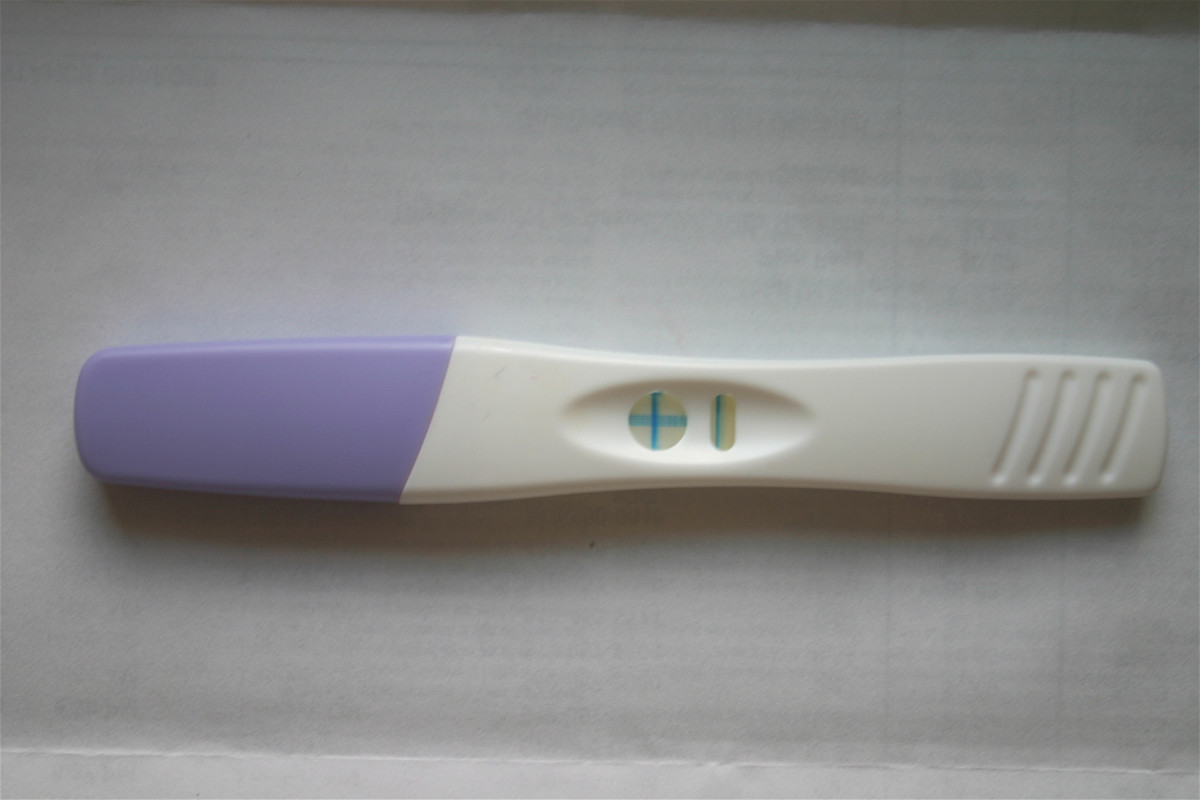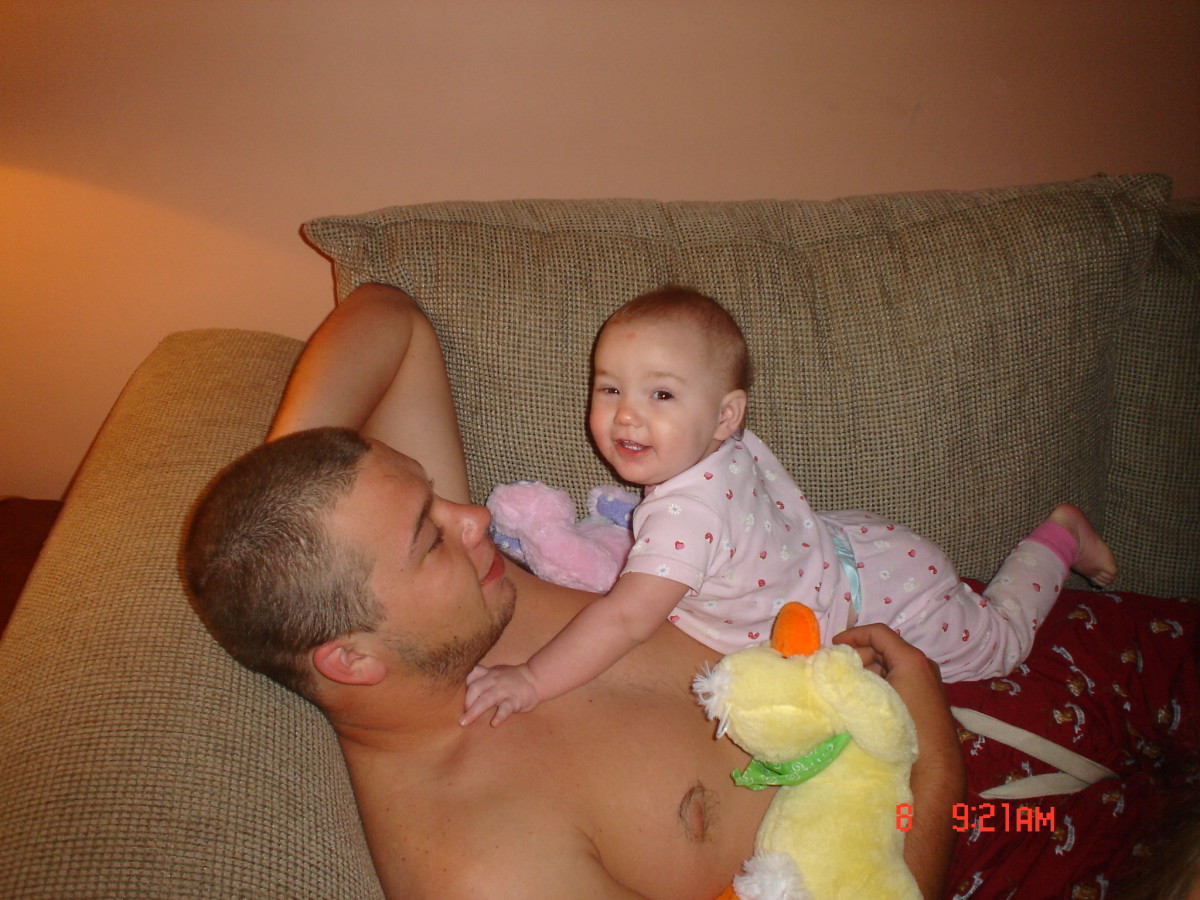Learn How to Cope with Infertility

Having personally struggled with infertility, I understand the pain, frustration, and emotional toll it can take on both you and your family. When all you want is to be pregnant, it can be devastating when it doesn’t just happen.
My husband and I struggled for four long years as I underwent hormone therapy, IUI, and IVF, and I’m thrilled to report that we are the happy parents to twin boys born in 2011. However, the road to our success was paved with heartache, loss, and many bitter feelings along the way. More than once I was certain that if I received one more birth announcement or baby shower invitation I would surely go insane.
Looking back at those four years, I can clearly isolate which coping methods worked well for me, and which were less successful. Below, I’ve listed some helpful ways to cope with infertility; best wishes!
Make Room for your Feelings
The I spent the first two years of our fertility treatment convincing myself that I wasn’t upset about my infertility. I’d muster a smile and insist, “it’s no big deal; we’ll just try again next month.” In reality, however, I was confused and angry. Why couldn’t I get pregnant? Why was I incapable of doing what a woman is designed to do?
These feelings built up in me until one day, coincidentally, the same day a good friend announced her unexpected pregnancy, I snapped.
No one, not my husband, family, or friends, judged me for feeling angry or upset, but for some reason, I didn’t think it was ok to feel that way. I was wrong.
The bottom line: I felt less stress and much more at ease as soon as I accepted and allowed myself to feel the normal emotions I was experiencing.
Talk to a Trusted Friend
Talk to a group of women and you’ll find that infertility (to varying degrees) is much more common than you might expect. It can be very comforting to hear some of their stories and talk through your own. Building a good support system of female friends can be a lifesaver.
Do Your Homework
Infertility can make you feel powerless, but you can take some of that power back by doing a little research.
Are there any lifestyle changes that you or your partner can make that may increase your chances of conceiving? Have you been tracking your ovulation accurately? Have you researched your diagnosis? If so, do you have any questions about it for your doctor? Have you researched the medication you’ve been prescribed? Do you think you’re seeing the right doctor? Does his/her experience, expertise and bedside manner suit you? Has your partner gotten a physical recently? Do you have a family history of infertility? Etc.
Get Some YOU Time
Fertility treatments can be time consuming, all encompassing, and emotionally draining. Consider taking a “vacation” for a month or two to regroup and de-stress. My husband and I took several of these breaks along the way (frankly, my body needed the break after being pumped with so many hormones!). We took road trips and even traveled to Europe (something on my bucket list), two things we figured would be exponentially more difficult once we had kids. Though, of course, no fancy get away is required here.
While it can be hard to rationalize taking a month off (after all, it could be THE month), it’s nice not having to worry about shots, blood work, and hormone levels for a few weeks. Not to mention, the attention you give yourself will only add to your ability to give back to your future children.
Talk to a Professional
If you find it’s simply too difficult to cope with infertility, it’s time to seek the advice of a trained professional. Your doctor will be more than willing to give you a referral for a mental health professional that specializes in infertility or women’s health.
Infertility Resources
- RESOLVE : The National Infertility Association
- Infertility fact sheet | womenshealth.gov
- Infertility Resources - Infertility Information - IVF, ICSI, Fertility Clinics, Egg Donor, Drugs and
Provides extensive infertility information including: in vitro fertilization (IVF), ICSI, infertility clinics, donor egg and surrogacy programs, tubal reversal, vasectomy reversal, infertility lawyers, pharmacies, sperm banks, research, infertility d







